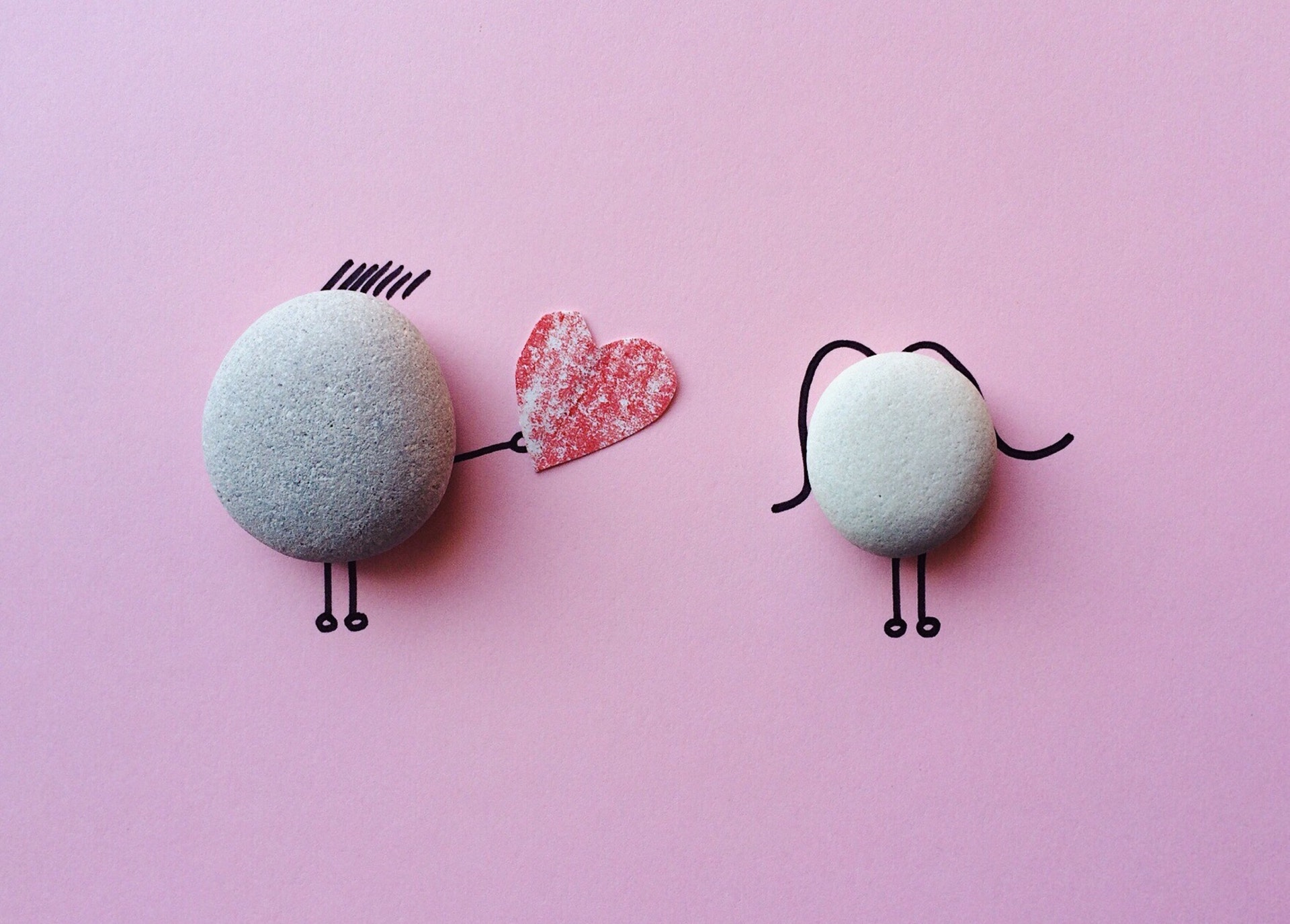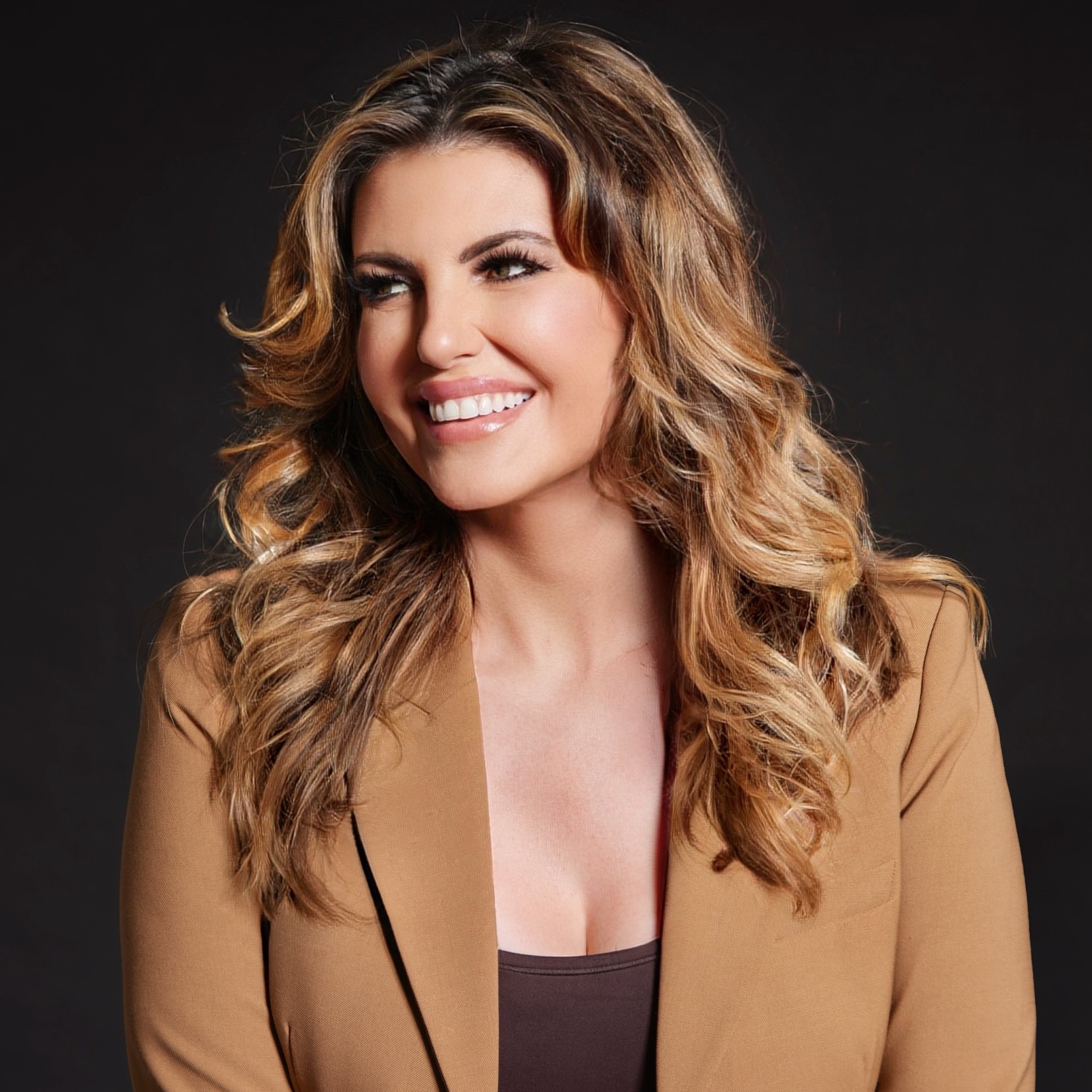
Kindness Improves Relationships
May 15, 2019

Think about this: The person you most long to see you in a special light just could be the individual you appreciate the least. Your spouse or long-term partner means the world to you, but you might not extend the kindness and appreciation to him or her you give to everyone else. Humans often save their worst behaviors for people they are close to. Science suggests, though, you might need to change your ways if you wish for a long-lasting and happy liaison. Kindness improves relationships, according to science.
The love Doctor, Terri Orbuch, Ph.D. studied couples for over two decades and has this to say: “I’ve found that the individuals who said their partner showed frequent generosity were also the happiest in their marriages. It’s the same for couples: Those who expressed frequent generosity to each other in the form of words, gestures or acts reported the happiest marriages.”
Here’s how to make the most of Terri’s insights:
Create a momentum of kindness
Couples who are kind to each other generate a loop of largesse that never ends. After one individual is kind, the other repays them with an act of generosity, and the game continues. Both parties win whether they offer or receive big-heartedness because giving and getting feels terrific. As a result, they have happiness-boosting chemicals in their system all the time and are content. A cycle of loving and feeling loved flows creating the kindness that improves relationships.
The idea isn’t complicated. Nonetheless, someone must begin the game, so start the ball rolling. You might also have to be vigilant at first, offering several bouts of kindness before you see results and create momentum. Cutting through past grievances and changing old habits takes time.
When your partner enters the game and returns the favor, your relationship will go from strength to strength. Make sure you aren’t complacent though. Keep the game going even when you are comfortable. Base your actions on brightening your partner’s life in little meaningful ways that make them appreciate you and want to reciprocate.
Small acts of thoughtfulness like buying your partner’s favorite magazine, cleaning the house unexpectedly, or cooking a romantic meal will generate goodwill. Don’t discount behaviors that only take a few minutes or less either. A neck massage, big smile, or flirty tickle can help your relationship run smoothly.
Appreciate your partner
While you appreciate a colleague who remembers to put in a good word for you in front of the boss or a pal that does something pleasant for you, you might not feel the same when your partner is thoughtful. People often expect their spouse or long-term companion to be kind to them and don’t say thank you.
Even if you consider it your partner’s job to put out the trash or do the laundry, don’t take their contribution to the well-being of your relationship for granted. Recognize their effort and show appreciation.
Also, although you want to develop a kindness loop, don’t keep tabs too closely. If your partner doesn’t continually reciprocate–unless acts of giving are always one-sided–give them the benefit of the doubt. Everyone’s energy and ability to give fluctuates. Sometimes it will be you who relaxes on the sofa while your partner toils. Tit-for-tat is a good strategy but remember to allow for leeway.
You might be stuck in a dissatisfaction loop at present, but kindness improves your relationships. Initiate appreciation and introduce a flow of kindness that’s catchy. Also, say thank you and show how much you appreciate your partner and your relationship will strengthen.
Contact The Montfort Group in Plano today to see how we can help you build a better realtionship.

Cory is a licensed professional counselor and board-approved supervisor in Texas with extensive experience in mental health, crisis intervention, and relationship counseling. With a background in education and a Master’s in Counseling from Southern Methodist University, she specializes in supporting individuals, couples, and families. Beyond her clinical work, Cory is a dedicated community leader, having founded the nonprofit Together Richardson, acquired Richardson Living Magazine, and served on multiple leadership boards. She is passionate about blending professional expertise with faith-based mental health initiatives through her work with Beacon of Light.
accept
We use cookies to improve your browsing experience and ensure the website functions properly. By selecting 'Accept All,' you agree to our use of cookies.
© Tmg XXXX
Brand & Website by Writefully Said
Contact our office:
The Montfort Group is a highly-trained team of professional therapists in Plano, TX providing counseling and support for individuals, couples, teens, and families.
Stay Connected
Schedule Now